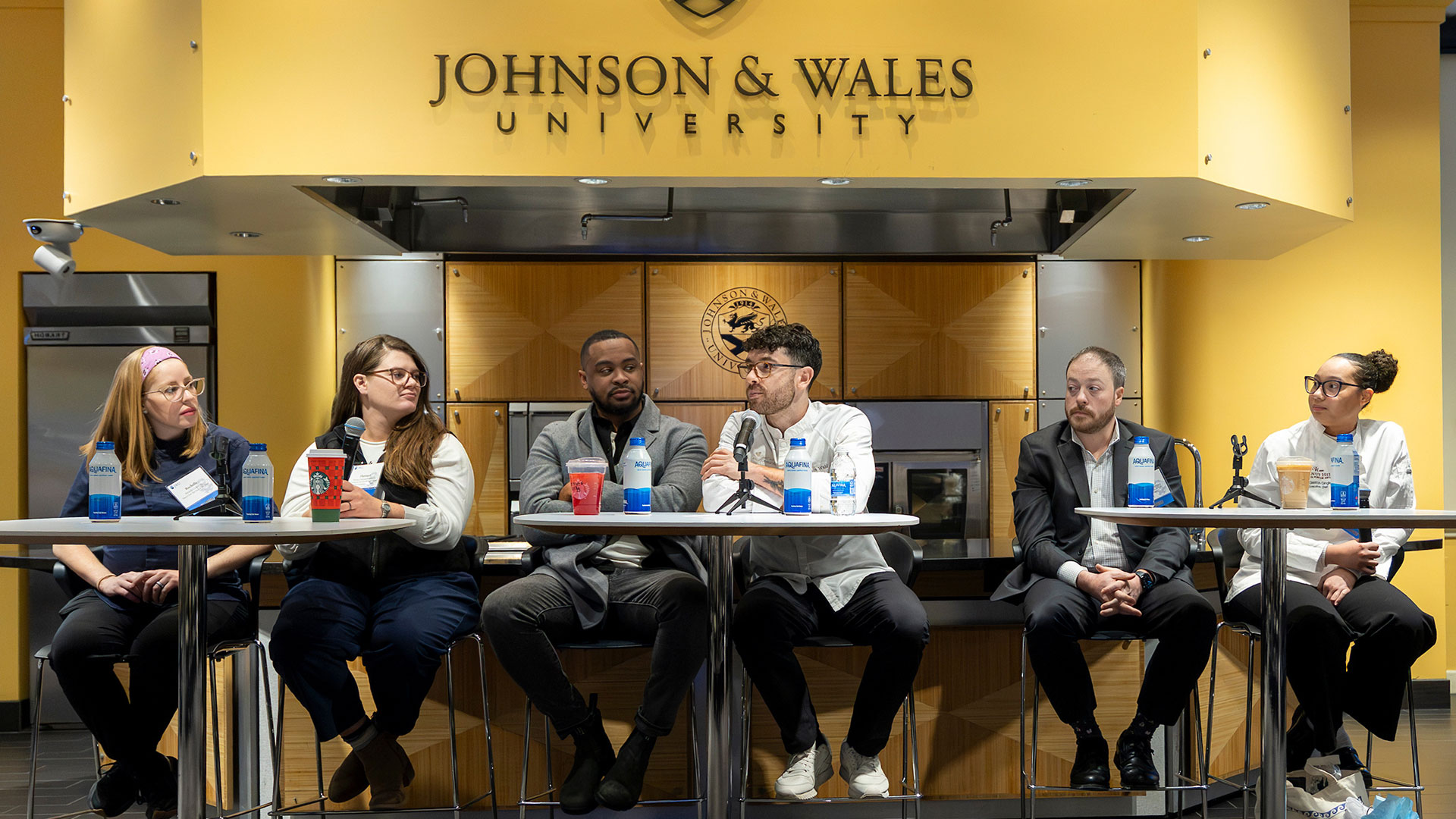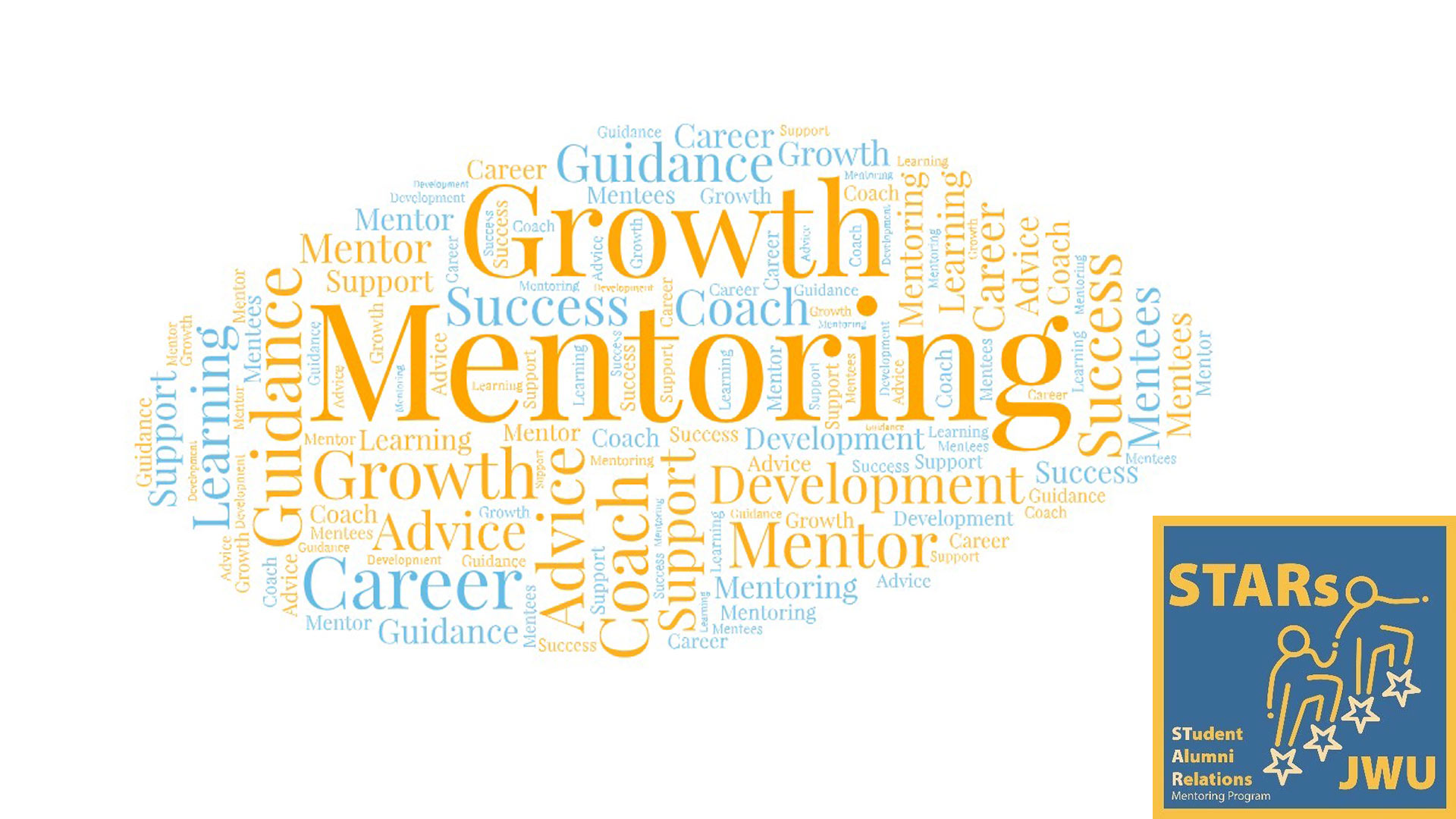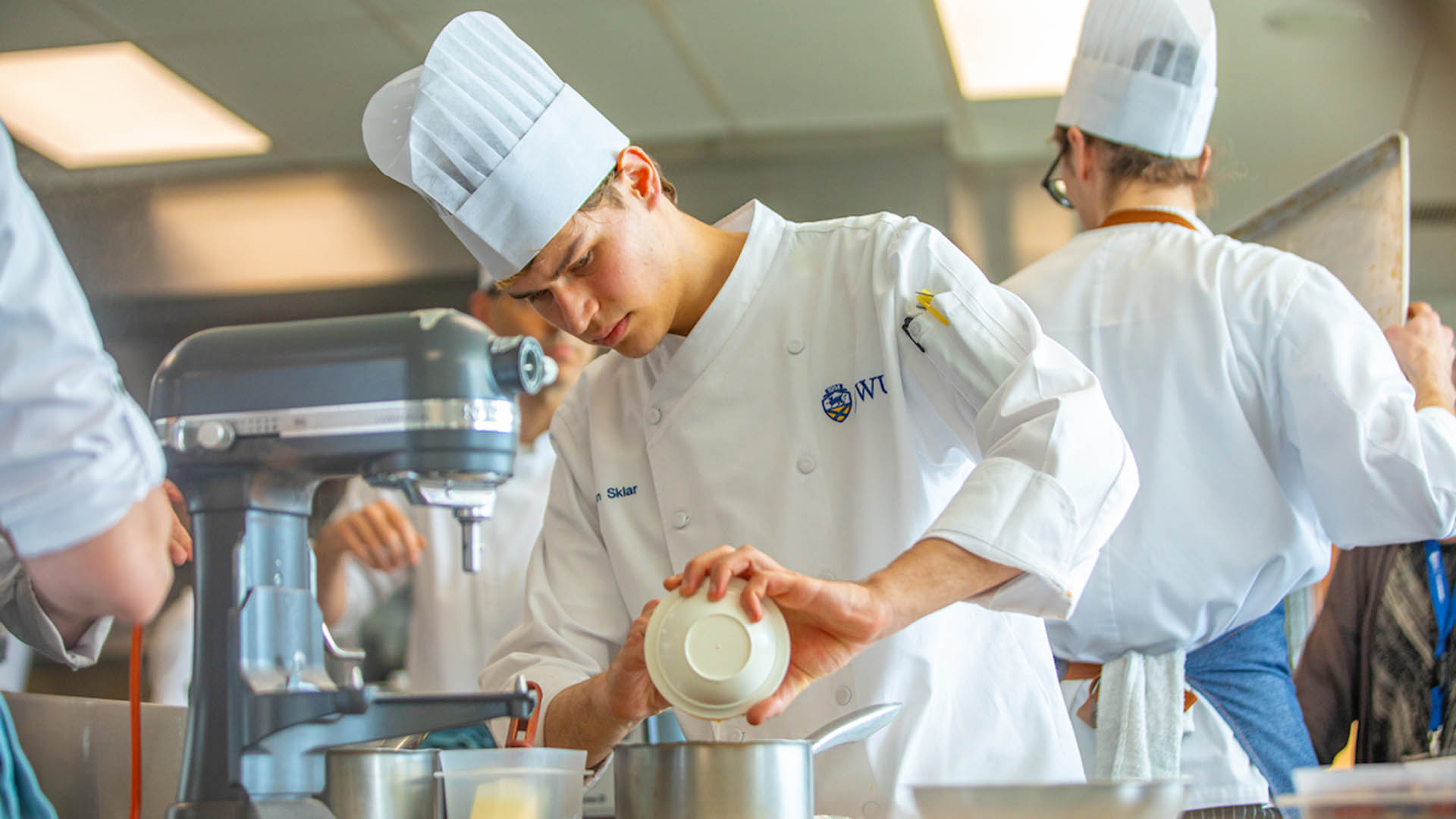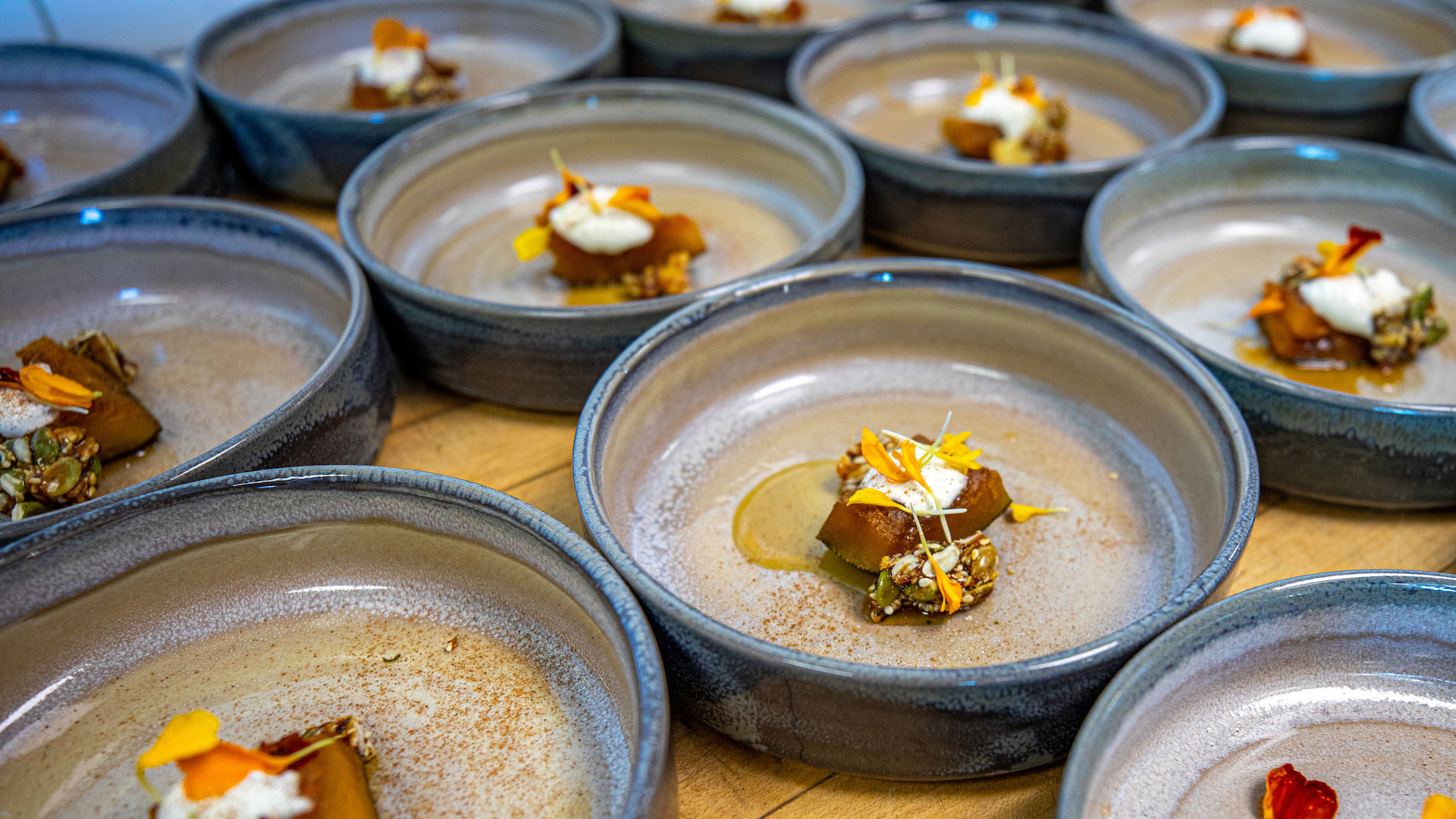Restaurateurs Carry on JWU Spirit
Jon and Amy Fortes are a culinary power couple in the Carolinas. They own four restaurants — The Flipside Café, the Flipside Restaurant, Salmeri’s Italian Kitchen and FM Eatery — in addition to Flipside Catering.
Although many couples have met through JWU, their story is a bit different; Jon graduated from the Providence Campus in 1997, while Amy graduated from the Charlotte Campus in 2010. Here’s how their shared love of food led to a shared life — and what they’ve accomplished since.
Jon and Amy’s Journey to JWU
When Jon applied to schools, his choice was between Johnson & Wales and a culinary institute. Visiting both campuses was the deciding factor.
“I really liked JWU’s Providence Campus,” Jon states. “I went there and had an absolute blast!”
Amy, meanwhile, had pursued culinary education at a community college in her home state of New York but craved a change from the cold weather.
“My sister was in the Marine Corps at the time, and we drove through Charlotte together and toured JWU,” Amy recalls. “The campus was in their first year, so everything was new and sparkly and pulled me right in. Also — it was warm!”
Balancing a Relationship and a Business
After JWU, Jon held several culinary positions, developing an appreciation of local cuisine and moving to Charlotte in 2006. Three years later, Amy began her JWU externship at Harpers Restaurant Group’s Mimosa Grill in Charlotte — where Jon happened to be the executive chef. The two hit it off and, after working together for six years, decided to launch their own business.
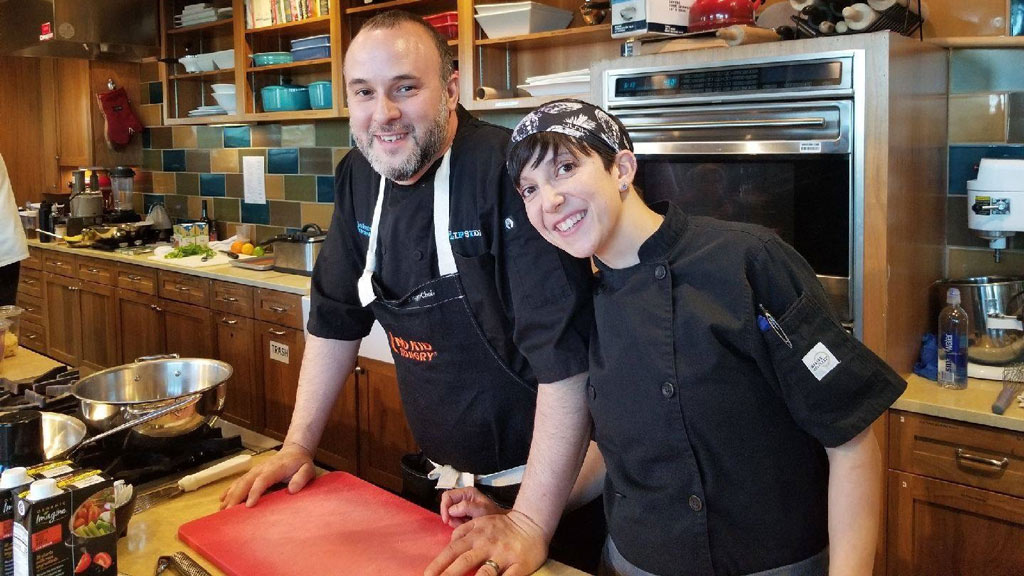
They opened Flipside Café in North Fort Mill, South Carolina, quickly winning a local following for their shrimp & grits, short ribs and pimento cheese dip. Today they also run Flipside Restaurant and Salmeri’s Italian Kitchen, as well as operating the former Flipside Corner Grind in Pineville, North Carolina.
Last year they opened their newest restaurant, FM Eatery. “We’ve really been enjoying FM Eatery,” Amy shares. “It’s more upscale, with great cocktails and great food.”
And of course there’s the catering of corporate events and family parties to keep them busy, if running four other businesses and raising three kids isn’t enough. They balance everything by taking different shifts at each business, managing their strengths which for Amy means building relationships and handling paperwork while Jon mainly handles hiring great staff, designing menus and purchasing stock.
The pair gives Wildcats as many internship and employment opportunities as possible, happy to encourage JWU students who might someday be in their shoes. Although public transportation is lacking between campus and the restaurants, Amy and Jon are always happy to meet with any students they can.
Fostering Community
The Charlotte area’s food scene has grown in leaps and bounds since JWU’s Charlotte Campus opened in 2004, but the industry has had challenges as well.
“COVID hit Charlotte hard in terms of foot traffic,” Amy shares. “With so many people working from home, the industry lost the Uptown city crowd from Wells Fargo and other places."
She adds, "But the passion for cooking and amount of people going to culinary school still continues. Charlotte is definitely coming up!”
Although the couple still loves the Charlotte area, they had been attracted to the community feel of Fort Mill and Rock Hill in South Carolina, where they feel the same warmth they experienced at JWU.
“JWU was about community, and we have tried to carry that on in York County in South Carolina, helping to raise money for calls to action and in community emergencies,” shares Jon. “At JWU that was important; our student clubs were always doing charity work.”
Adds Amy: “Even when we didn’t have the means, Jon and I always tried to do different events in Charlotte and help the community. That’s a big part of it, paying it forward.”
How the Fortes Learned by Doing at JWU
“Learning breaking down larger pieces of fish at JWU came in handy at Harpers and Upstream, when I did a ton of fish application every day,” Amy shares. “I also learned meat cutting from Chef [Shane] Pearson, who was definitely one favorite teacher; in his international food course, I got to make my first risotto. JWU professors would see what you were already capable of and correct anything you needed to know.”
“I learned a lot too, mainly on the management side of things,” Jon says. “JWU gives you a foundation, and my teachers really understood the role of each person in the class. If they could tell you were a go-getter, they would even allow you to manage the classes.”
“Compared to the associate degree I earned from another school, JWU was so different,” says Amy. “The amount of detail that you learn, how in-depth JWU goes, has helped the food scene in Charlotte. I wish it would go out even farther!”
Jon appreciates how JWU’s faculty teach what they know. “Chef [Michael] Calenda had worked in the industry for 30 years before becoming an instructor,” he says. “JWU had a different way of learning because instructors weren’t just following criteria. They were showing you what a career in a kitchen would really be like.”
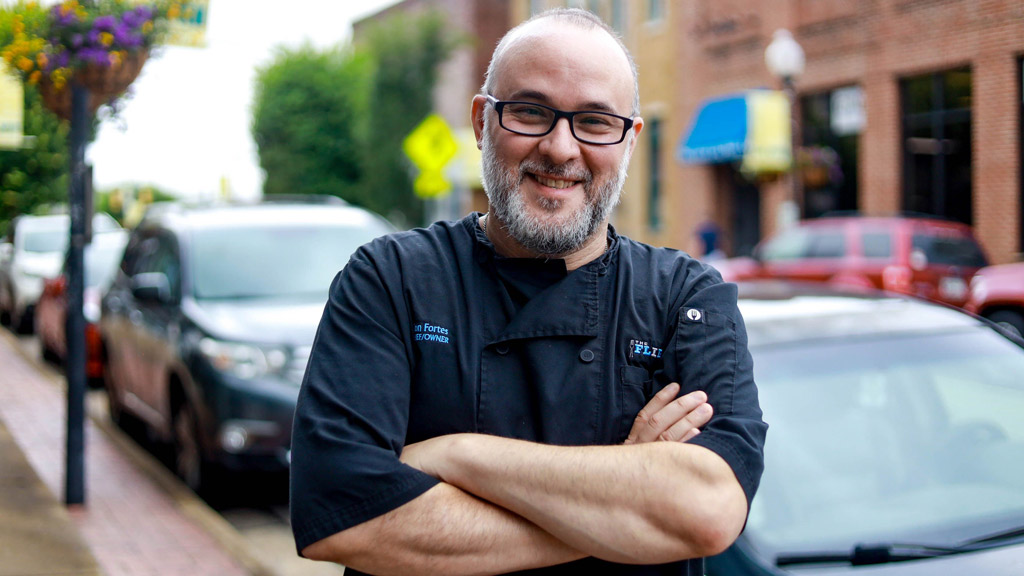
Amy agrees. “Mark Allison, before becoming dean of culinary education at JWU, was a garde manger chef,” she says. “You can read a book or watch videos, but you can’t really understand until you try it, and at JWU we tried it. I learned carving ice, making aspic— stuff that’s not used a lot but was awesome to learn the basics.”
Carrying on Lasting JWU Friendships
Both Fortes visit JWU’s Providence Campus each year to catch up with their community, and Jon loves that Amy has as many fond memories of JWU Providence as he does, even after attending a different campus.
Their children and their classmates’ children are building JWU memories, too.
“Now when we get together, we’re outnumbered; we’re 15-20 adults and 40 kids,” Jon shares. “And we’ll keep going, because the friendships were strong at JWU — with our teachers as well as the students. Most of my former chefs aren’t there anymore, but their lessons live on; they taught us life and what to expect in kitchens.”
One such teacher was Mark Allison, founder of Charlotte’s annual FORK Cancer fundraiser and current corporate executive chef at Forever Oceans.
“My relationships with Mark and others have been the biggest part of JWU,” says Jon. “Some have left the industry, but I still have relationships with them and their families — and hope I always will.”
